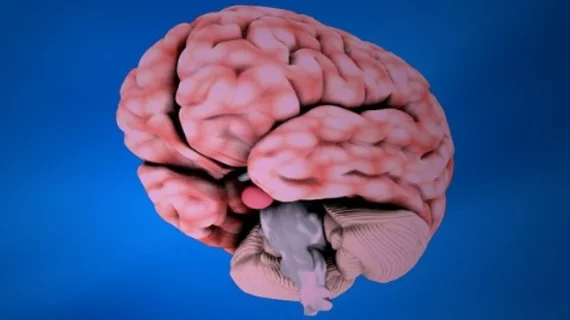New MRI method shows molecular changes in the brain
A new MRI technique out of the Hebrew University of Jerusalem (HUJI) can show the molecular makeup of the brain, potentially helping clinicians diagnose neurodegenerative diseases such as Alzheimer’s.
"When we take a blood test, it shows us the exact number of white blood cells in our body and whether that number is higher than normal due to illness,” said Shir Filo, a PhD student who worked on the study, in a prepared statement. “MRI scans provide images of the brain but don't show changes in the composition of the human brain, changes that could potentially differentiate normal aging from the beginnings of Alzheimer's or Parkinson's.”
The researcher’s new imaging method uses a “tissue relaxivity” approach that decodes molecular information from the MRI signal. It produces distinct molecular signatures across the brain, which correlate to specific gene-expression profiles, Mezer and colleagues wrote.
“Instead of images, our quantitative MRI model provides molecular information about the brain tissue we're studying,” explained Aviv Mezer with HUJI's Edmond and Lily Safra Center for Brain Sciences, in the prepared statement. “This could allow doctors to compare brain scans taken over time from the same patient, and to differentiate between healthy and diseased brain tissue, without resorting to invasive or dangerous procedures, such as brain tissue biopsies.”
Going forward, the researchers think their development could provide insight into how the human brain ages.
Mezer et al. said that when they scanned the brains of young and old patients the images revealed certain brain areas age differently. White matter and gray matter changes were more subtle compared to the “major” changes in the molecular makeup of the gray matter in younger versus older patients, the team noted.
The full study was published online in Nature Communications.

